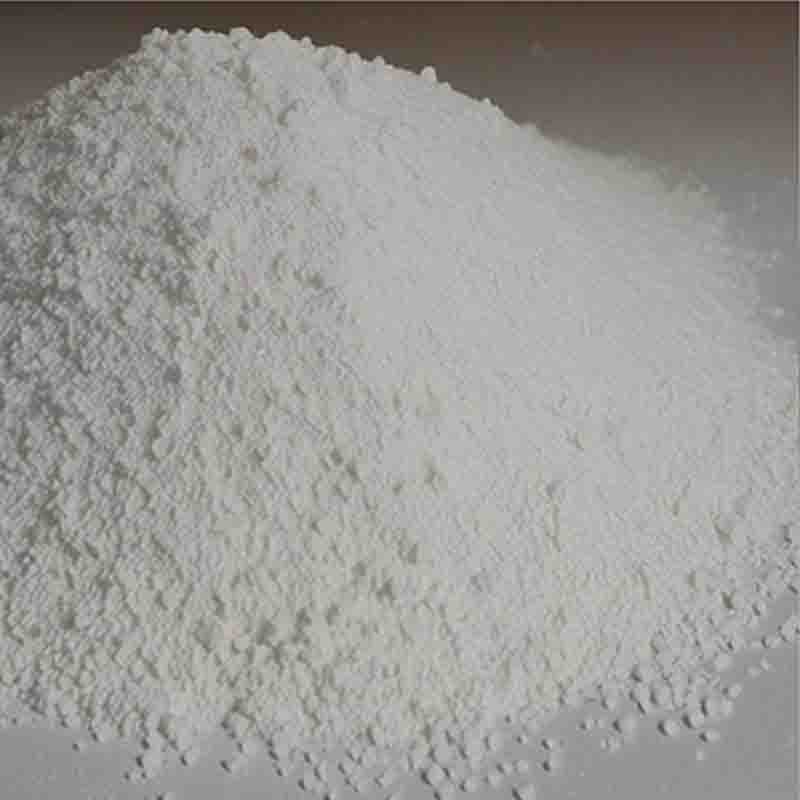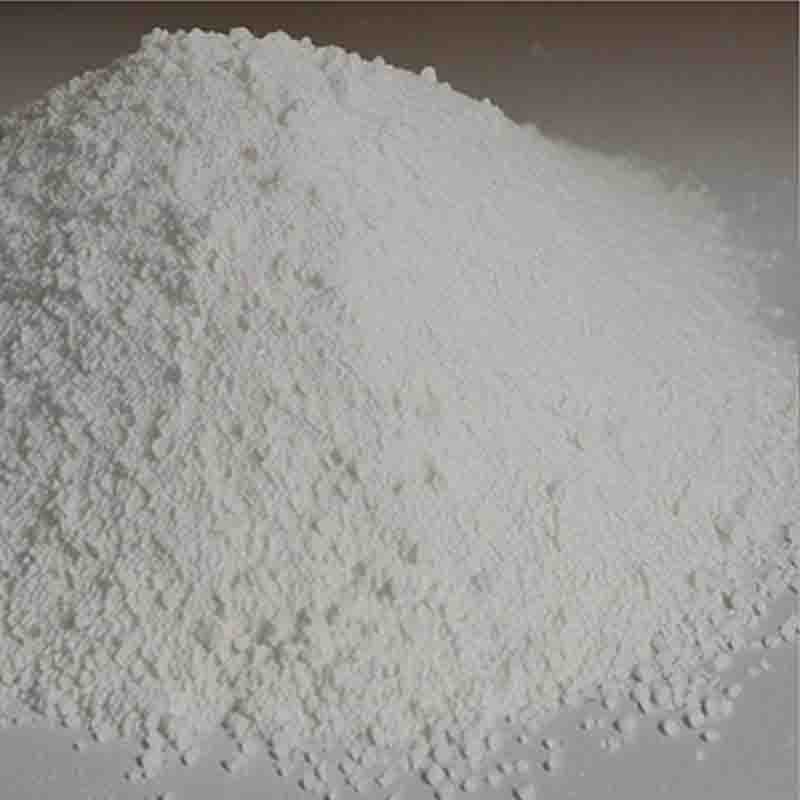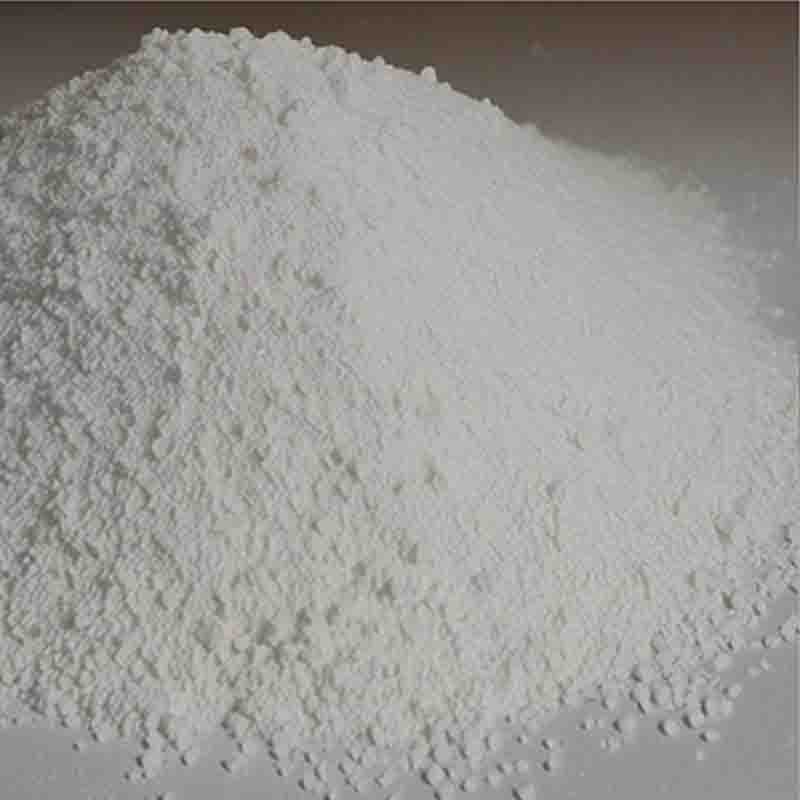Fluoroethylenecarbonate CAS:114435-02-8
| Catalog Number | XD94681 |
| Product Name | Fluoroethylenecarbonate |
| CAS | 114435-02-8 |
| Molecular Formula | C3H3FO3 |
| Molecular Weight | 106.05 |
| Storage Details | Ambient |
Product Specification
| Appearance | White powder |
| Assay | 99% min |
Fluoroethylene carbonate (FEC) is a chemical compound commonly used as an electrolyte additive in lithium-ion batteries. It is known for its ability to enhance the performance and stability of battery systems, especially at high voltages and low temperatures.One of the key effects of FEC is its ability to form a stable solid-electrolyte interface (SEI) on the surface of the lithium-ion battery's negative electrode (anode). The SEI layer acts as a protective film that prevents the further decomposition of electrolyte components and the formation of detrimental side reactions. This stable SEI layer helps to improve the battery's cycling stability, reduce capacity fading, and enhance the overall performance and lifespan of the battery.FEC also has a positive effect on the formation of a passivating layer on the surface of the positive electrode (cathode). This passivating layer, formed from the decomposition products of FEC, helps to reduce side reactions and increase the stability of the cathode material. This, in turn, improves the overall efficiency and longevity of the battery.Furthermore, FEC is particularly effective in mitigating the formation of lithium dendrites. Dendrites are needle-like structures that can grow on the anode surface and penetrate the separator between the anode and cathode, potentially causing a short circuit and compromising the safety of the battery. FEC's ability to form a stable SEI layer helps to suppress dendrite growth, reducing the risk of short circuits and improving the safety of lithium-ion batteries.Moreover, FEC has been found to enhance the low-temperature performance of lithium-ion batteries. At low temperatures, the electrolyte's mobility decreases, leading to diminished battery performance. However, FEC's unique chemical properties allow it to lower the freezing point of the electrolyte, facilitating ion transport even at sub-zero temperatures. This enables lithium-ion batteries to deliver better performance in cold environments where conventional electrolytes would typically struggle.It is important to note that the precise effects of FEC can depend on various factors such as its concentration, the presence of other electrolyte additives, and the specifics of the battery system itself. As such, careful optimization and testing are typically performed to determine the optimal FEC concentration and its specific benefits for a given battery application.In summary, the addition of fluoroethylene carbonate (FEC) to electrolytes in lithium-ion batteries can have significant positive effects. These include the formation of stable SEI layers, reduction of side reactions, suppression of dendrite growth, and improvement of low-temperature performance. These effects contribute to enhanced battery performance, cycling stability, capacity retention, and safety, making FEC a valuable additive in the development of advanced lithium-ion battery systems.




![4-[4-[(5S)-5-(Aminomethyl)-2-oxo-1,3-oxazolidin-3-yl]phenyl]morpholin-3-one hydrochloride CAS: 898543-06-1](https://cdn.globalso.com/xdbiochems/白色粉末1319.jpg)



![1-[ethoxy(methylsulfanylmethyl)phosphoryl]oxyethane CAS:28460-01-7](https://cdn.globalso.com/xdbiochems/白色粉末11229.jpg)
